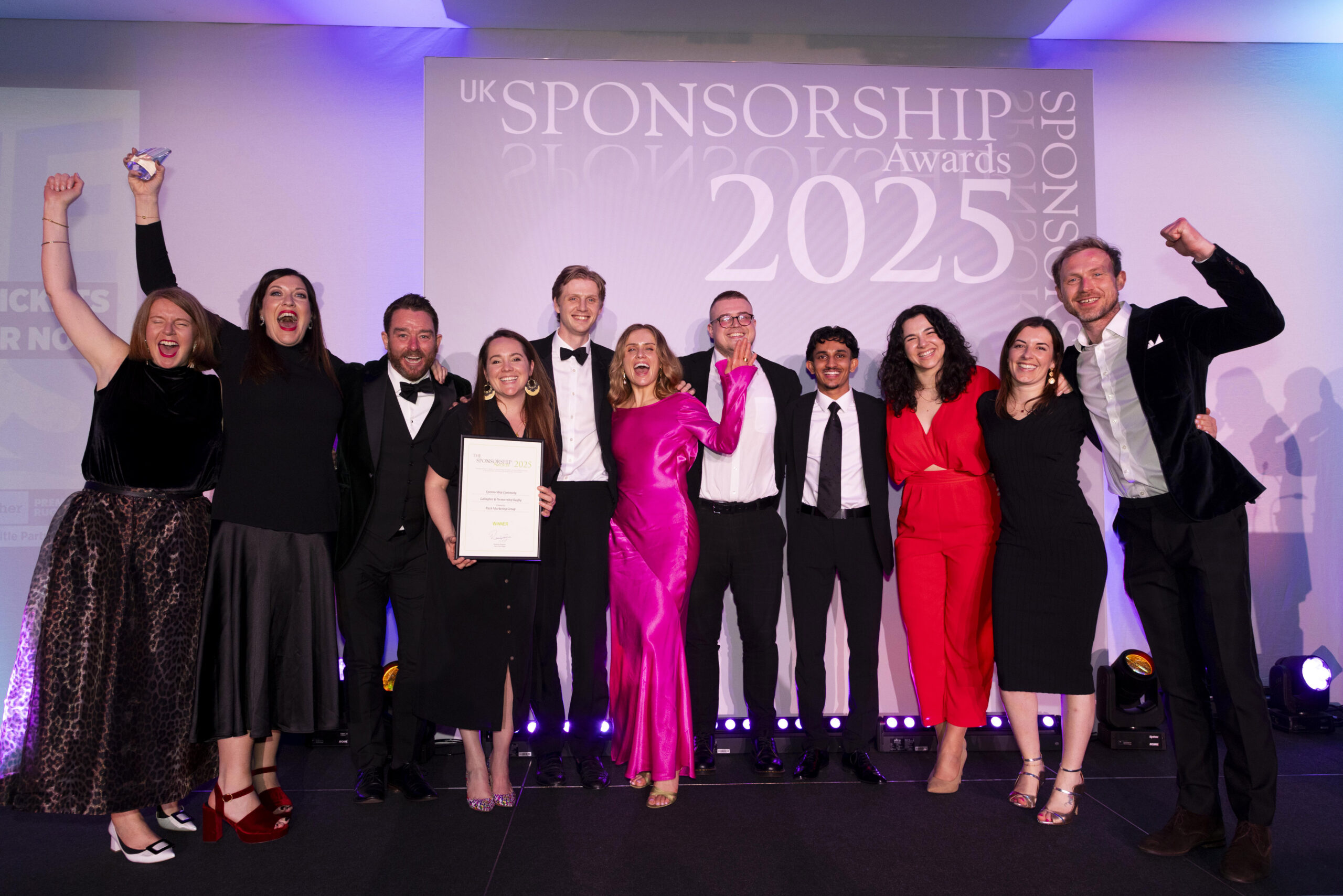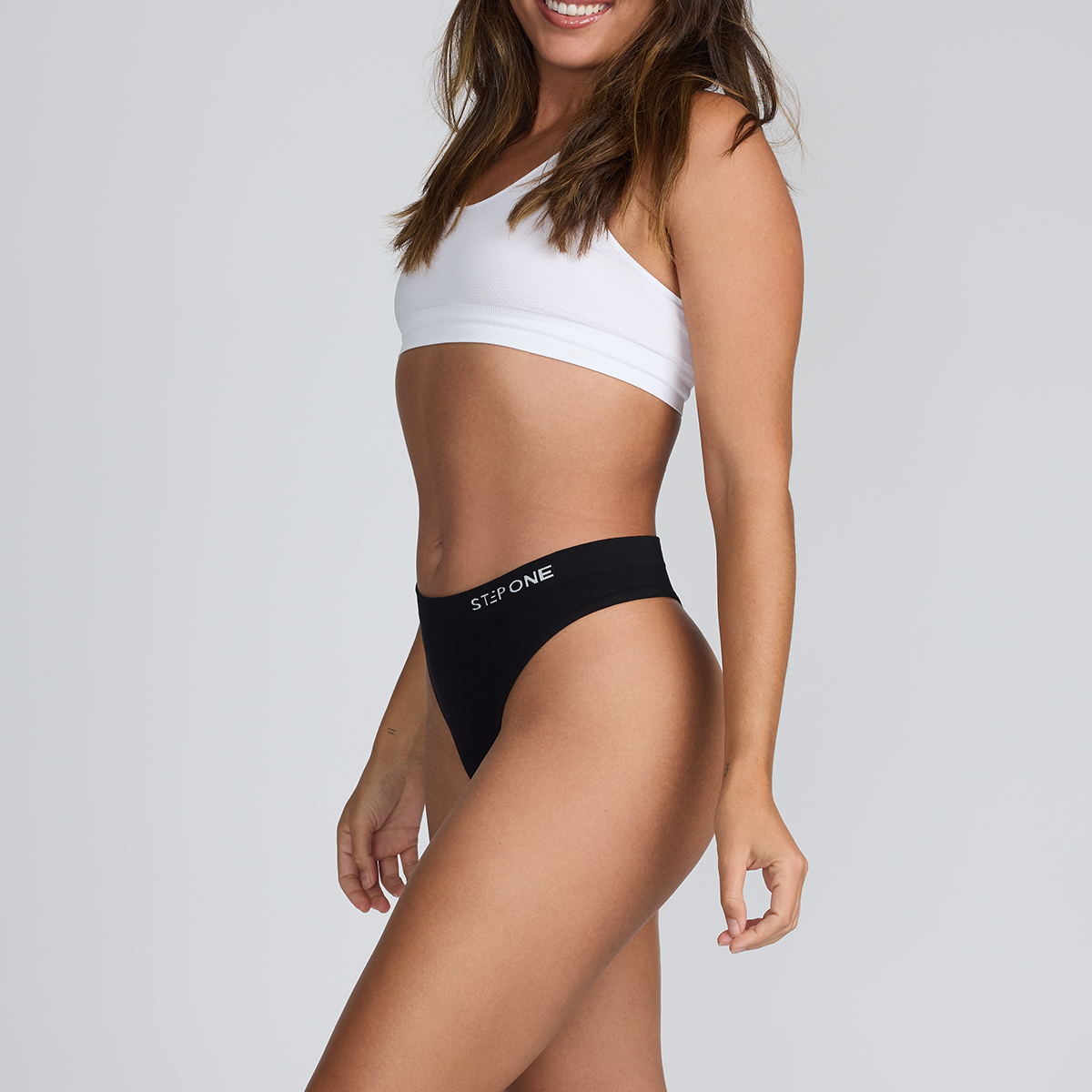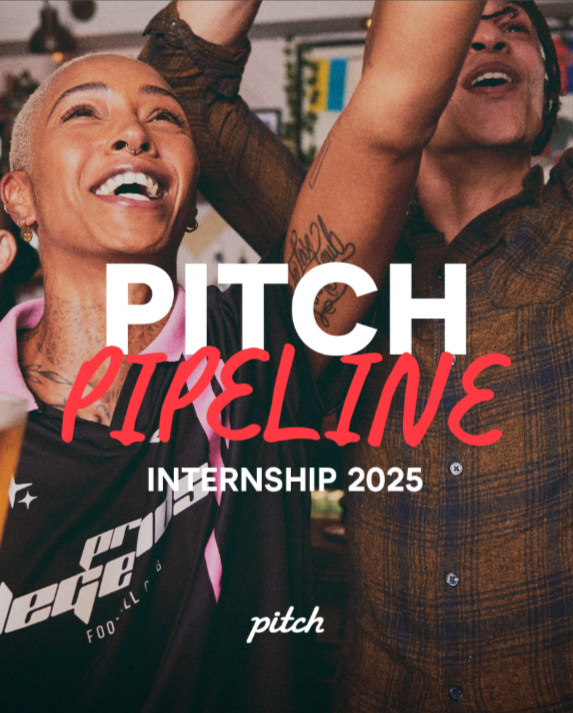Yesterday I found myself posting the words #lovecurling on a social network. It poses an interesting question. Was it a momentary aberration or do I actually, in fact, love curling?
I guess the answer is yes but let’s not make a big deal about it. We’re just having fun right now and I am not really interested in anything long-term or exclusive. In fact, I’ve got a few things on the go at the moment. I also love snowcross, ice hockey, skeleton and ski jumping.
The Winter Olympics is the calling card for sporting commitment-phobes everywhere. Enjoy it while it lasts with no expectations from either side and definitely no prospect of a “relationship”.
Winter sport purists and over-zealous TV commentators will make out that we are about to witness a national epidemic of broom-carrying wannabees heading for the closest ice rink or that offices across the land are filled with employees reaching for the nearest kitchen tray to jump on. But we all know the truth – the Winter Olympics is a two-week fling on a four-yearly basis. Nothing more, nothing less.
All of which is the very obvious reasoning that UK marketers give when asked why they don’t treat the Winter Games as a serious activation platform. A typical response would point out that sponsorship strategy is a long-term proposition that requires time to succeed and build brand engagement. That the UK is not a winter sports nation. That there are next to no British medal prospects. No potential ambassadors to be the face of the campaign. Certainly no mainstream recognisable ones at any rate.
Missed trick
This is all fact and a rational argument against investment. However, for all this highly plausible reasoning, these Sochi Games have left the feeling that UK marketers might well have missed a trick.
After all, people genuinely love it. There is an enthusiasm for these sports that can survive even the most culturally offensive political backdrop and the ongoing anonymity of its participants. It is just downright fun. And we don’t even have to succeed to enjoy it.
Sponsorship may be too long a game plan for the Winter Olympics but for one-off activations and social content, it must go down as an opportunity for engagement.
It is an opportunity that not many have taken. You do not expect that the most talked about marketing content around an Olympics would come from the Canadian Institute of Diversity and Inclusion. (If you haven’t seen it and want to discover what Human League and bobsleigh have in common, click here to find out).
When brands did get it right, it came from a similarly unexpected source. An image posted on Twitter, playing on a technical fault in the Sochi Opening Ceremony which saw one of the five Olympic rings fail to light up, looked for all the world like a masterstroke of real-time digital activation. ‘Four rings is all you need’ read the image alongside a beautifully photographed Audi car. And we all agreed to the tune of endless levels of retweets.
A few days later it emerged that this wasn’t some brilliantly planned and executed Audi creative ploy but actually the work of a fan boy of the car brand with a little too much time on his hands.
‘Give him a job now’ came the industry response as rival marketers looked on wishing their customers were similarly resourceful.
Short-term activation
It is not like opportunities for short-term activation have not presented themselves. Winston Watts and the Jamaican bobsleigh team; British success in the skeleton; Vanessa Mae competing in the giant slalom. These were all prominent stories across the media that could have been seized upon by a proactive marketing team. Even better, they are not examples of ad hoc stories that could not have been predicted. All were on the agenda way before the Games began, opening the door for pre-planned activation.
To be fair, the global marketing plans of the top-tier IOC sponsors have ensured that Sochi has not been a totally activation-free zone. P&G, McDonald’s, Visa, and Coca-Cola have all flexed their substantial marketing muscle to drive home their Olympic associations. This has been backed up by sponsors of some of the more prominent national teams – Canadian brewer Molson Coors’ vending machine at Canada House which could only be used by inserting a Canadian passport was a particular highlight for those on the ground in Russia.
The decision-making of these global brands will have been made from the promise of return in markets such as the US and Russia where the Winter Olympics is the flagship event for a large and committed audience of year-round winter sports enthusiasts.
But here in the UK, it seems that the prospect of a short-term winter fling has not been enough to tempt marketers away from the monogamous safety of their existing sponsorship marriages.
Hopefully, by the time Pyeongchang comes around in four years’ time, there are a few more brands open to seduction.
Drew Barrand, Associate Director
This article was originally published in Marketing Magazine here: http://www.marketingmagazine.co.uk/article/1281753/why-uk-brands-enjoyed-cheeky-flirtation-winter-olympics






